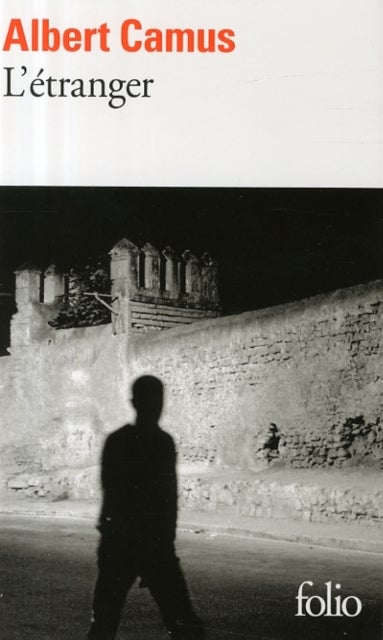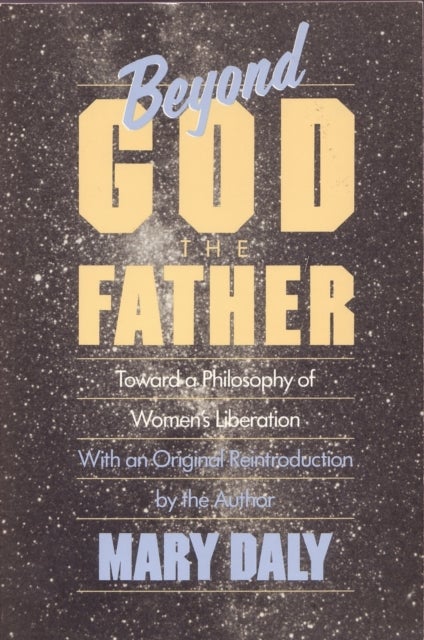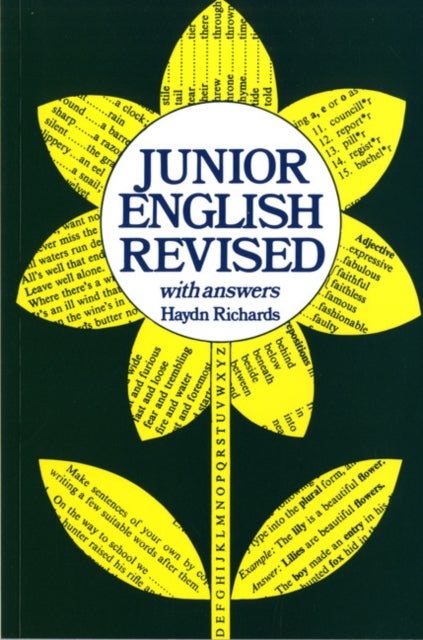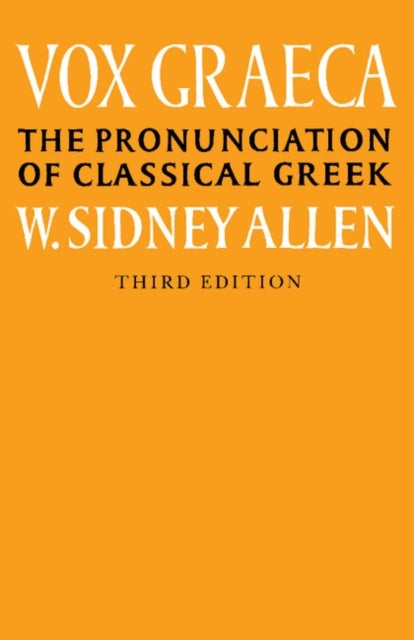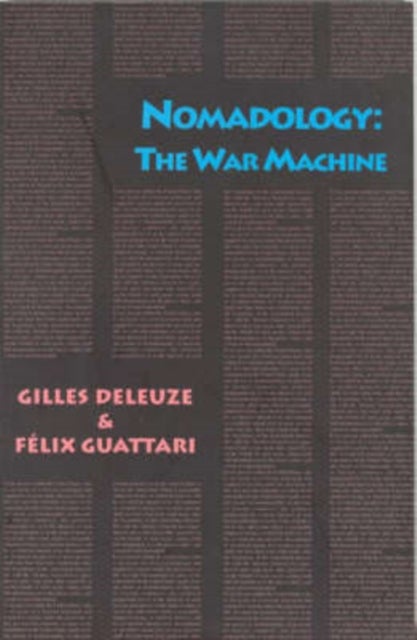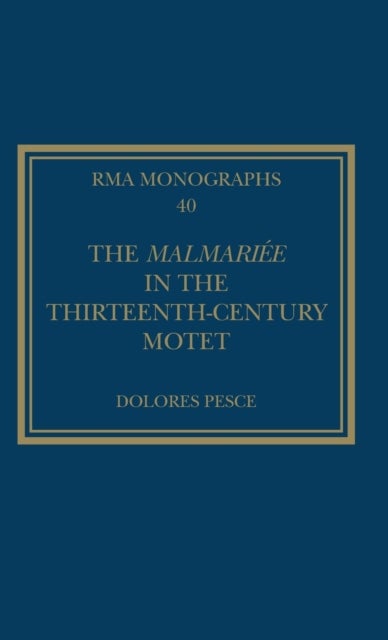
The Malmariee in the Thirteenth-Century Motet av Dolores Pesce
619,-
<P>This monograph offers a comprehensive study of the topos of the <I>malmari¿/I> or the unhappily married woman within the thirteenth-century motet repertory, a vocal genre characterized by several different texts sounding simultaneously over a foundational Latin chant. Part I examines the <I>malmari¿/I> motets from three vantage points: (1) in light of contemporaneous canonist views on marriage; (2) to what degree the French <I>malmari¿</I>texts in the upper voices treat the messages inherent in the underlying Latin chant through parody and/or allegory; and (3) interactions among upper-voice texts that invite additional interpretations focused on gender issues.</P><P>Part II investigates the transmission profile of the motets, as well as of their refrains, revealing not only intertextual refrain usage between the motets and other genres, but also a significant number of shared refrains between <I>malmari¿/I> motets and other motets. Part II furthermore offers insights on the chronolo


